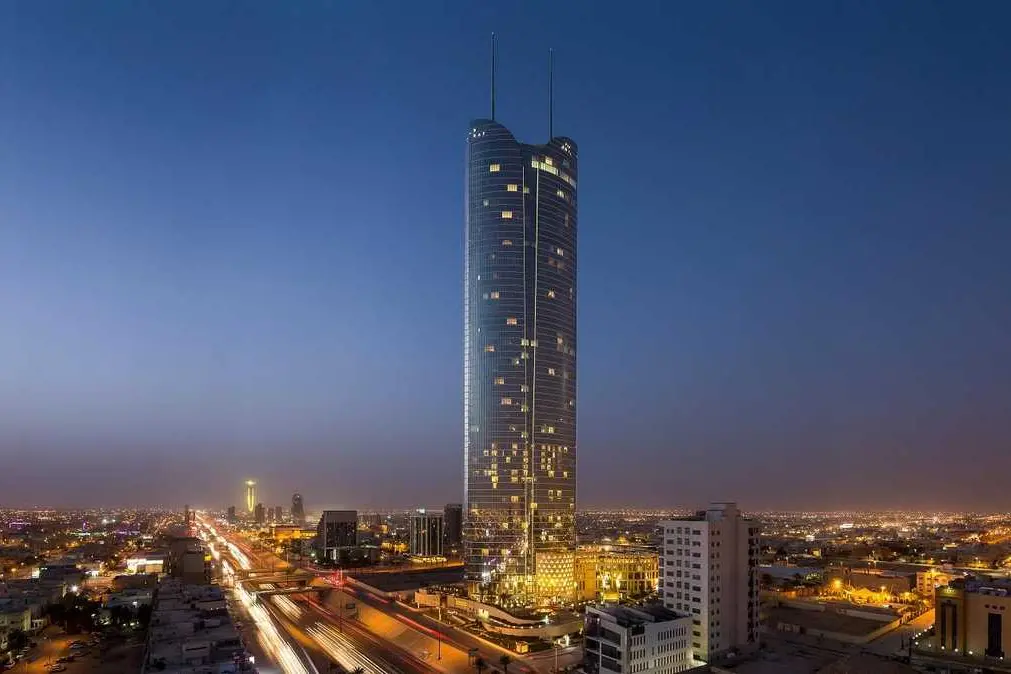PHOTO
The anti-corruption crackdown in Saudi Arabia which has netted the state more than $100 billion, according to its attorney-general, will only have a "limited impact" on corruption but will create uncertainty among the international investment community, a report has said.
A note published on Thursday by BMI Research, a Fitch Group company, stated that the wave of arrests that began in November last year "will have a limited impact on tackling systemic corruption in the kingdom", adding that it did not turn into a nationwide campaign against corruption at all levels of society.
"While it could dissuade some high-net worth individuals to engage in corrupt behaviour, we believe that it will not reduce generalised corruption in the administration," the report said.
It argued that the arrests had helped to consolidate power into the hands of King Salman and his son, Crown Prince Mohammed bin Salman, and could therefore support the latter's reform drive. However, it said that the purge had also "heightened uncertainty for potential investors".
It said that although short-term uncertainty has waned with the campaign winding down and the kingdom's credit default swap levels falling to rates experienced before it began, the lack of transparency over how cases were handled "has raised longer-term concerns among investors over the arbitrary nature of the Saudi regime", it said.
The report stated that the action would raise fears that a similar process could take place in the future, "which will weigh on investor sentiment towards the kingdom over the coming quarters".
Despite this, a note published by analysts from Riyadh-based Al Rajhi Capital on Thursday suggested the economic outlook for the kingdom is continuing to improve. Citing the recent IMF report which raised growth forecasts for the kingdom to 1.6 percent this year and 2.2 percent next year, the report also pointed out that the total amount of reserves held by the Saudi Arabian Monetary Authority grew for the third straight month in a row in December, supported by higher oil prices and increased debt issuance by the government, which raised 5.85 billion Saudi riyals ($1.56 billion) during the month through its fifth domestic sukuk issuance under its local currency sukuk programme.
It also said that consumer spending was strong, with point-of-sale spending up 28.1 percent year-on-year, although this was off a low base as spending curtailed dramatically in December 2016 as a result of cuts to public sector employees' salaries and allowances.
Further reading:
- Saudi crown prince named the most powerful leader in Middle East
- For Saudi tycoons freed from detention, cheers and a business challenge
- Saudi corruption purge winds down but scars will linger
- Saudi bank's liquidity improves in 2017
- Cleaning up: Managing bribery, corruption and fraud risk in the Gulf's construction industry
(Writing by Michael Fahy; Editing by Shane McGinley)
(michael.fahy@thomsonreuters.com)
Our Standards: The Thomson Reuters Trust Principles
Disclaimer: This article is provided for informational purposes only. The content does not provide tax, legal or investment advice or opinion regarding the suitability, value or profitability of any particular security, portfolio or investment strategy. Read our full disclaimer policy here.
© ZAWYA 2018





















